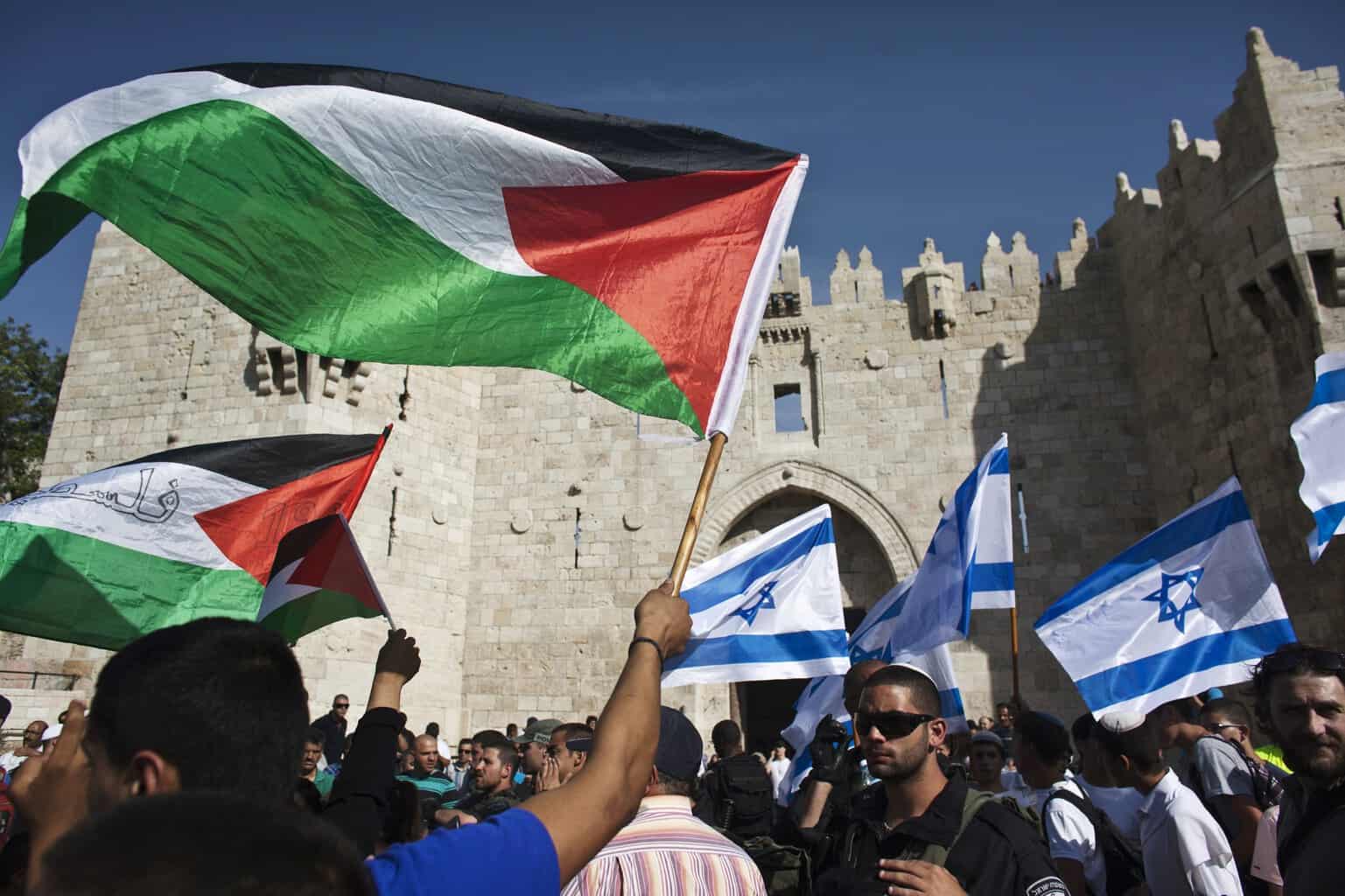Article, Middle East, news, WORLD
Ceasefire Between Israel And Palestine Did Not Last Long, Again

No end in-sight for the Israeli-Palestinian conflict
On May 6th of this year, the international community was relieved when a ceasefire was announced between Israel in Palestine. The latest round of fighting and artillery exchanges resulted in the deaths of 27 Palestinians and 4 Israelis. The bloody weekend in May was the worst exchange between the two nations since July – August 2014 when fighting lasted 50 days. During that tragic exchange 2,251 (1,462 civilians) Palestinians killed along with 73 (6 civilians) Israeli’s killed.
“Over 60 Palestinians were injured and several fires broke out in the South in protests marking Nakba Day on Wednesday afternoon along the border fence between Gaza and Israel,” The Jerusalem Post published on May 16th, detailing the recent clashes along the Gaza border. “Nakba Day, which commemorates the displacement of Palestinians during the War of Independence in 1948, is marked every year with demonstrations and violent clashes in both the Gaza Strip and the West Bank. Last year over 60 Palestinians were killed by IDF [Israel Defense Force] fire in violent clashes,” the outlet would go on to explain.
Despite recent attempts at a ceasefire, any such attempts seem unlikely as unrest within Palestine continues to fester due to many being forced into inhumane living conditions. The United Nations Relief and Works Agency (UNRWA), the main international program working to aid Palestinian refugees took a major blow in August 2018. “The United States will no longer commit further funding to this irredeemably flawed operation,” the United States State Department stated in a press release. In 2017, the United States gave $360 million in aid to UNRWA. The decision was one of many public declarations by the Trump administration which has been in support of the perceived position of Israeli Prime Minister Benjamin Netanyahu.
On May 13th the UNRWA released a press statement outlining the needs of the organization and how thousands of Palestinian families are in further danger of going without food.
Unless UNRWA secures at least an additional US $60 million by June [2019], our ability to continue providing food to more than 1 million Palestine refugees in Gaza, including some 620,000 abject poor – those who cannot cover their basic food needs and who have to survive on US $1.6 per day – and nearly 390,000 absolute poor – those who survive on about US $3.5 per day – will be severely challenged.
“UNRWA is funded almost entirely by voluntary contributions and financial support has been outpaced by the growth in needs. From fewer than 80,000 Palestine refugees receiving UNRWA social assistance in Gaza in the year 2000, there are today over one million people who need emergency food assistance without which they cannot get through their day,” the memo would continue. The situation has been exasperated by Israel’s blockade of Gaza, consistent manipulating of the Gaza power grid, and the continued building of town-sized settlements in the Gaza Strip and West Bank.
With economic strife, food shortages, and a lack of outward humanity shown by the Israeli government towards Palestine, it’s unlikely frustrations will diminish anytime in the near future. The actions of the Hamas organization have also been counterproductive in improving the lives of the citizens of Palestine. Hamas’ decision to continue shooting rockets into Israeli territory only go to further harm citizens in dire circumstances.
Unfortunately, there is little hope to be garnered from official channels relating to a long-term end of violent conflict between Israel and Palestine. A major political shift is necessary within the region is necessary if peace and stability are ever going to see the light of day.


